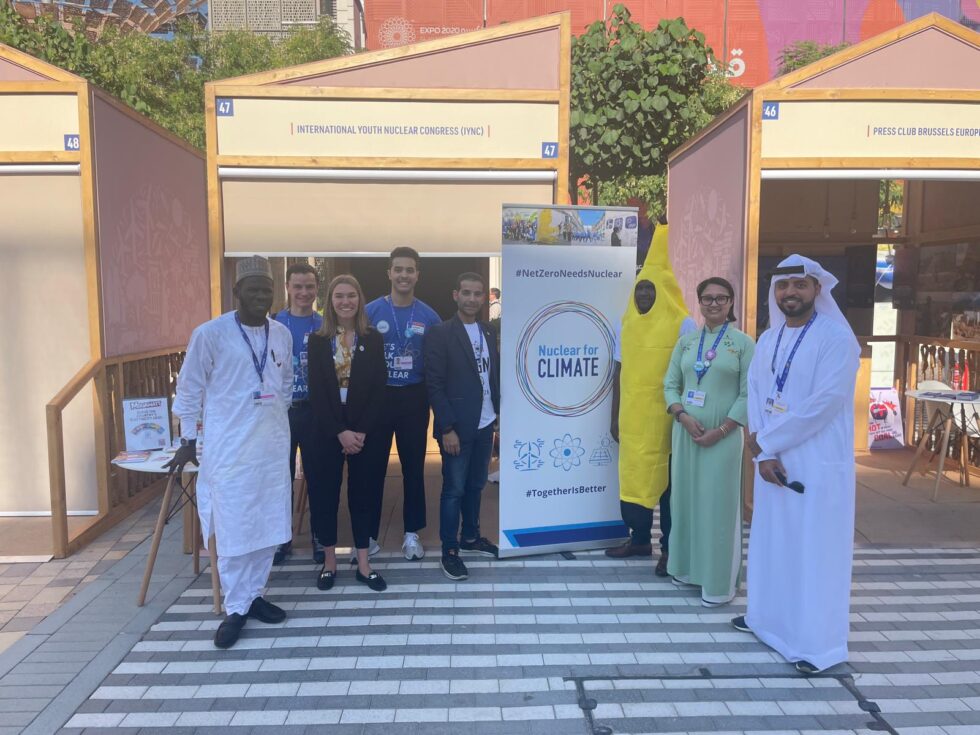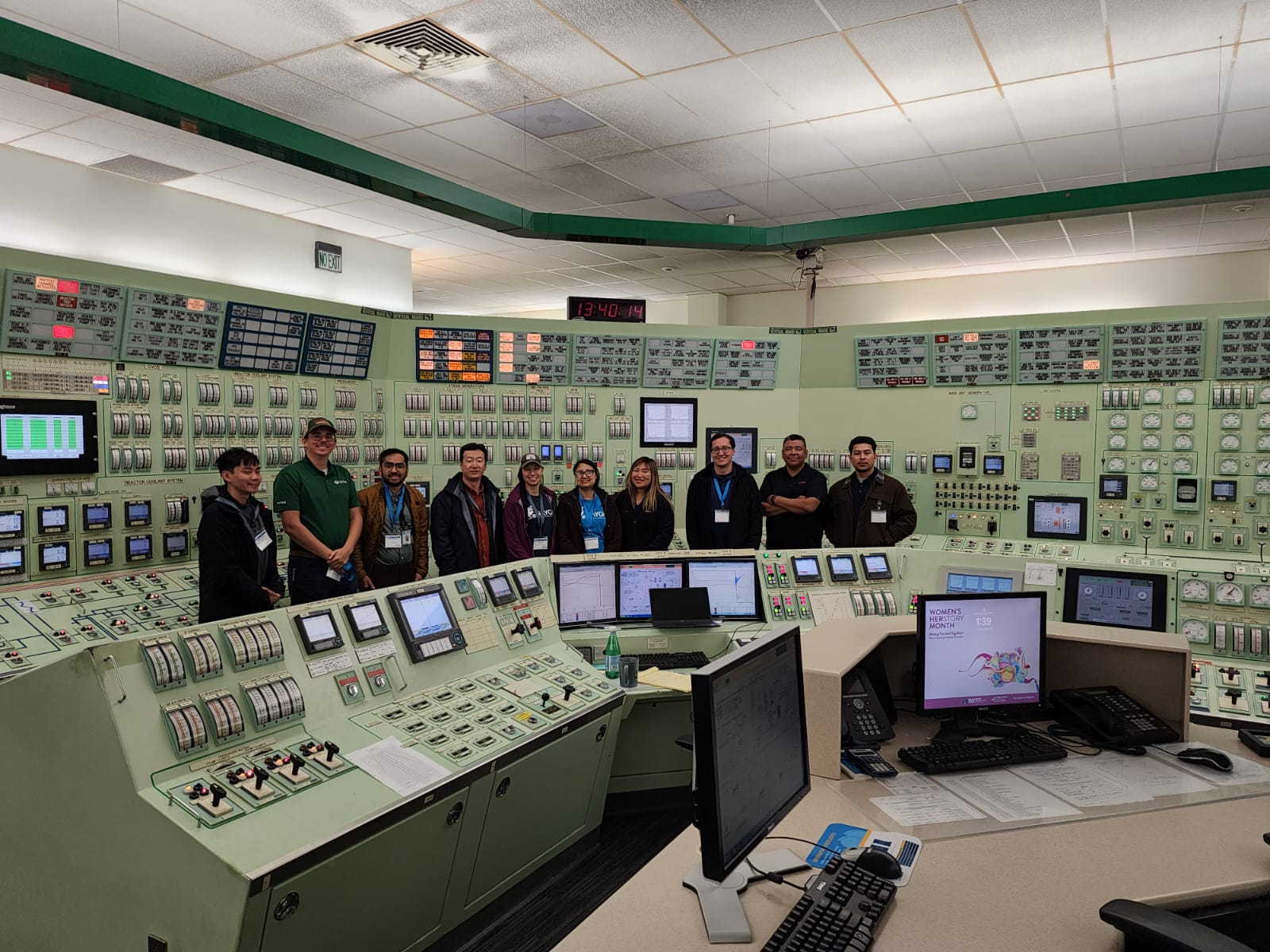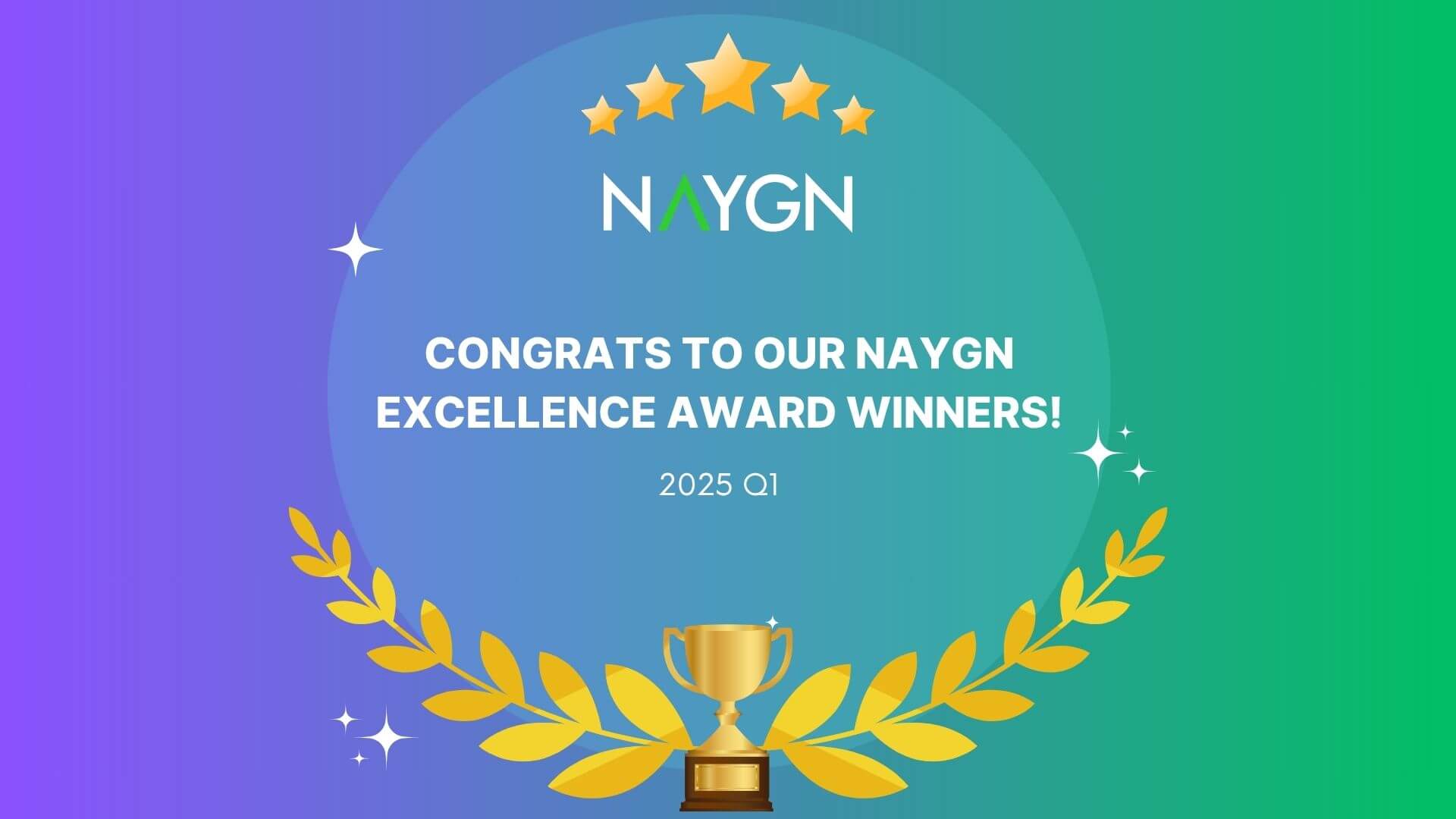NAYGN at COP28

This was truly a historic COP in terms of nuclear announcements and overall presence. The United Nations Framework Convention on Climate Change (UNFCCC) in Dubai, otherwise known as Conference of Parties (COP) 28, started with a bang: 25 countries launched a declaration to triple nuclear energy worldwide by 2050. Another historic milestone was reached by the end of the conference: 198 signatory countries officially called for accelerating the deployment of technologies, specifically naming nuclear, to aid in the goal of decarbonization. This is the first time that nuclear energy has been mentioned explicitly in the official COP agreements.
A total of nine NAYGN members were able to attend COP over the two week course of the conference:
Matthew Mairinger, Christy Fletcher, Veeshesh Sunassy, Luke Dolenc, Megan Lubbers, Paula Rusenovich, Jeanne Ruppelius, Tyler Andrews, and Hamzah Haddad.
COP is a tremendous opportunity to advocate for nuclear energy. Being surrounded by diversity, with individuals from nearly 200 different countries in attendance, is indescribable. Delegates from many African countries expressed a deep desire to harness nuclear and nuclear sciences for their people’s needs of clean water, food, and cheap electricity. European delegates shared how nuclear energy is the key to shedding emissions from foreign oil and gas. Nearly all in attendance recognized that nuclear energy must have a seat at the table if we wish for a carbon free future.
There are so many incredible moments at COP. Here are just a few from our NAYGN members:
Paula Rusenovich: I have never been to a multi-day event where I was talking to people the whole time. It was really cool meeting people from all over, and I had so many positive experiences. I spoke to the energy minister of Ghana who was excited about increasing nuclear power in his country, as well as a woman from Morocco who was curious about nuclear energy after her country signed the Decision to Triple Nuclear Energy. It was great being able to talk about my experiences as a nuclear reactor operator in the US Navy and working at Constellation’s Clinton Power Station.
Jeanne Ruppelius: Non-nuclear people seemed genuinely interested in what we had to say and what we can bring to the table. People outside the industry that I talked to recognized that nuclear energy is huge, but they would have different reservations. Some of them are based on fear/myths, but not all of them. For example, some people were concerned because of their unique geography of living on a small island country that’s prone to earthquakes. Others just needed reassurance that their concerns were valid and that the industry is making conscious efforts to mitigate their concerns. I also really enjoyed advocating alongside different people each day from different fields/countries. I learned a lot by seeing how others responded to questions, and this will make me a better advocate in the future.
Tyler Andrews: My most memorable experience is conversing with a delegate from Japan who has negative memories of the Fukushima accident. Despite her fear surrounding nuclear energy, she was able to understand and appreciate the fact that we cannot get to net zero without nuclear. The lingering fear that some people still face underscores the most important job we have as advocates and employees in the nuclear industry: we must always protect the health and safety of the public and operate our plants responsibly.
In the future, COP28 may be known as the “Nuclear COP”, the point where the world embraced this amazing clean energy source. Some in our industry may feel that we are at the peak of a mountain after these accomplishments. But in fact, we have a lot further to climb if we are going to triple nuclear energy worldwide by 2050! NAYGN can’t wait to see the ways in which you and your chapter help to accomplish this goal. If you want to get involved join the Clean Energy Committee by reaching out to vp@naygn.org and maybe we’ll see you in Azerbaijan for COP29!




